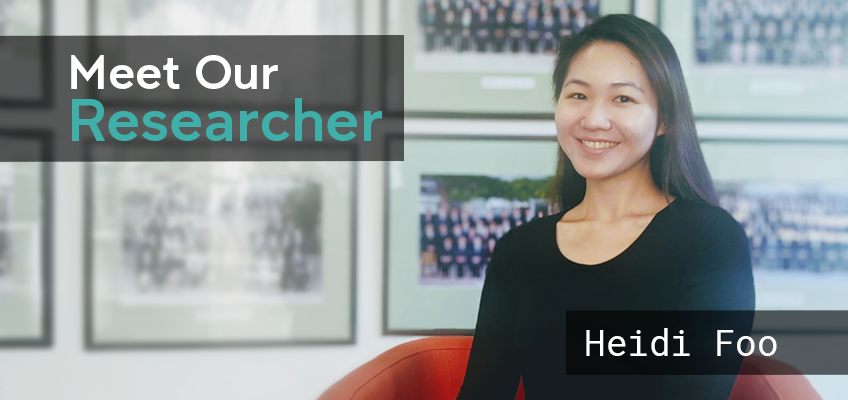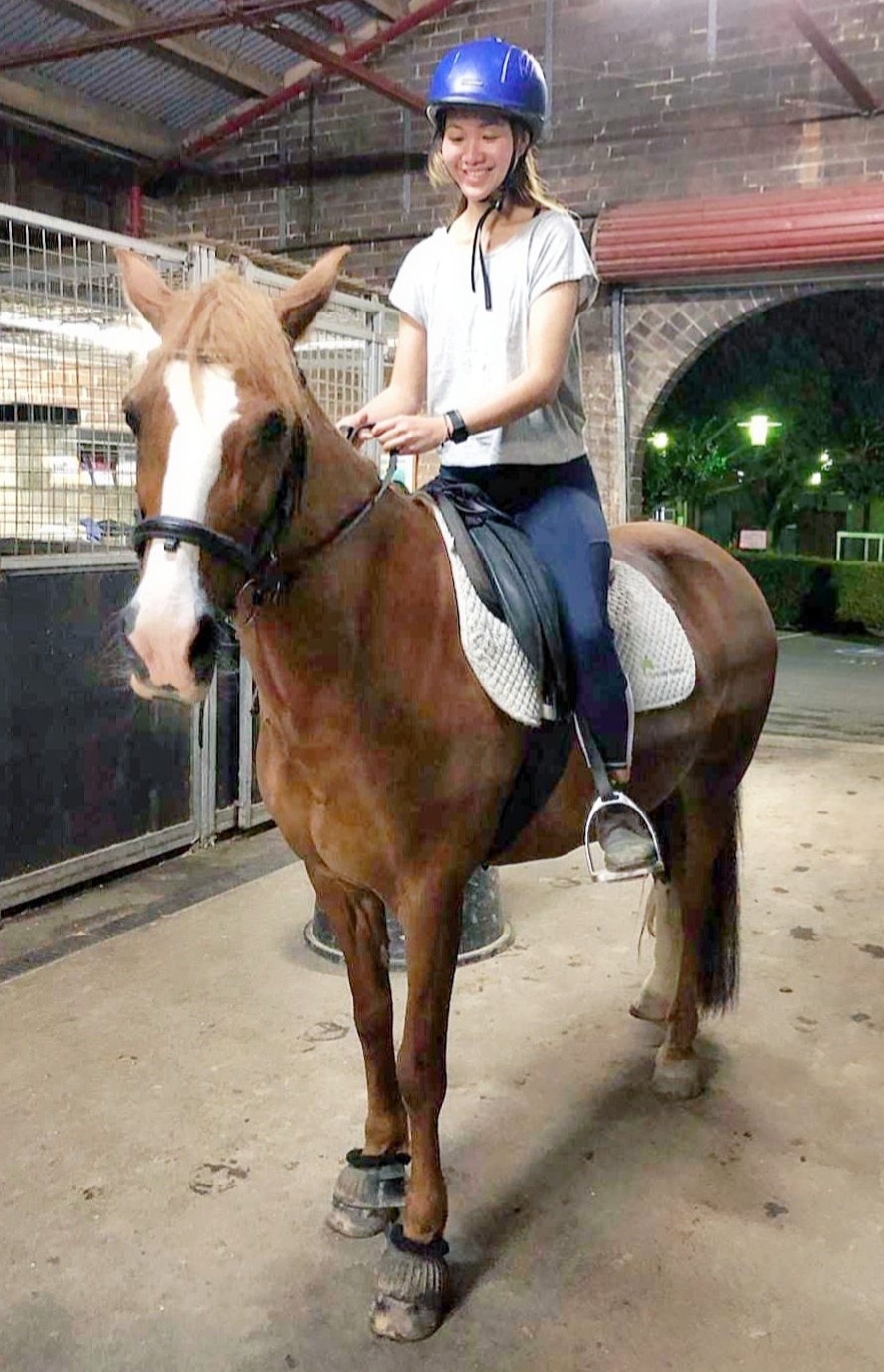03 Aug 2020

A PhD Candidate at CHeBA, Heidi Foo has taken a holistic approach to investigating determinants of healthy brain ageing by investigating the effect of genetic and environmental factors impacting cognitive health. Through her research she hopes to help shape more effective treatment interventions for people with dementia.
How did you get into researching the ageing brain?
My first job as a graduate was in a tertiary hospital as a research assistant where I was responsible for administering neuropsychological assessments to patients who had dementia as well as Parkinson’s disease. In addition, part of my role was to collect and analyse data for research purposes. The hospital had a substantial amount of MRI data that was not being utilised, so I decided to teach myself new techniques to analyse this data more effectively. Although I initially started learning on my own accord, I had access to helpful colleagues if I faced any difficulties in coding. Since then, my passion for research has continued to evolve and strengthen.
Did you experience a ‘defining moment’ which led you to this field?
Raised by my grandparents, I developed strong motivation towards wanting to help elderly improve their lives. When I was younger, I would often keep older folks’ company – either by talking to my elderly neighbours or volunteering at the old folks’ home – hoping that my companionship would make a difference to them. However, when one of my family members was diagnosed with dementia, I became deeply interested in the fragilities of the human brain.
It was during my employment that this interest blossomed into a research passion and I realised that there are potential ways to slow down the process of degeneration.

Do you have any personal interests or activities which are protective behaviours against cognitive decline?
Exercise and intermittent fasting have become part of my everyday routine due to their links to increased longevity. However, I am not entirely sure of the evidence base that exists for intermittent fasting. Up until a few years ago, I was far too sedentary and would often come home from work and just watch television. Not only was this a fairly unproductive use of my time, it was also not ideal for supporting better brain health. To challenge myself, I am now learning two languages: Korean and Japanese. I have also taken up horse riding which is supporting my cardiovascular health as well as challenging me mentally. This pastime coupled with my academic pursuit of research work really well together in improving my cognitive health.
What are you currently researching?
I am currently looking at genetics as well as environmental factors that can affect functional brain networks in the ageing population.
Why is your research important?
More often than not genetics affects the brain’s structure and ability to function. However, not everything can be explained by genetics. Environmental factors such as lifestyle, smoker status, exercise regularity and alcohol consumption also affect brain structure and function, as well as alter internal cognitive processes.
For me, exploring both genetic and environmental factors is a more holistic way of approaching cognitive decline research.
What do you love about working for CHeBA?
One of the main reasons I love working at CHeBA is the people. I know when I need help my colleagues, fellow students and supervisors will be there to support me and vice versa. I feel very fortunate to have a supportive work environment which is positive and conducive to productivity as a researcher.
What is the ultimate hope you have for your research?
The research I am undertaking right now does not have immediate clinical application, but as our Co-Director Professor Perminder Sachdev says: “In order to know what is abnormal you need to first know what is normal”. This is what I am doing right now. By examining samples of cognitively healthy older people and determining how different factors affect brain health before looking at pathology alone, we can then establish what is normal ageing. I hope that my research can translate to clinical application to enhance the quality of treatment received by people with dementia.
This interview was undertaken during the COVID-19 self-isolation period. Heidi Foo found that having video calls over dinner with her family and friends supported her mental resilience and kept her feeling socially connected while physically isolated.
Donations are fundamental for critical research to continue following COVID-19.
If you would like to discuss supporting Heidi's work specifically, or would like information
on leaving a legacy via a Gift in your Will, please contact h.douglass@unsw.edu.au.

Heidi Foo is a PhD Candidate at CHeBA working with both the Neuroimaging and Genetics and Epigenomics Groups. Prior to working at CHeBA, she completed a Bachelor of Psychology at James Cook University where she focused on the effect of volunteerism and self-efficacy on depressive symptoms in the elderly. Heidi also worked at the National Neuroscience Institute investigating the underlying mechanisms of Alzheimer’s disease and Parkinson’s disease. Heidi is drawing on data from CHeBA’s Sydney Memory and Ageing and Older Australian Twins Studies to determine factors affecting brain ageing in cognitively healthy adults.
